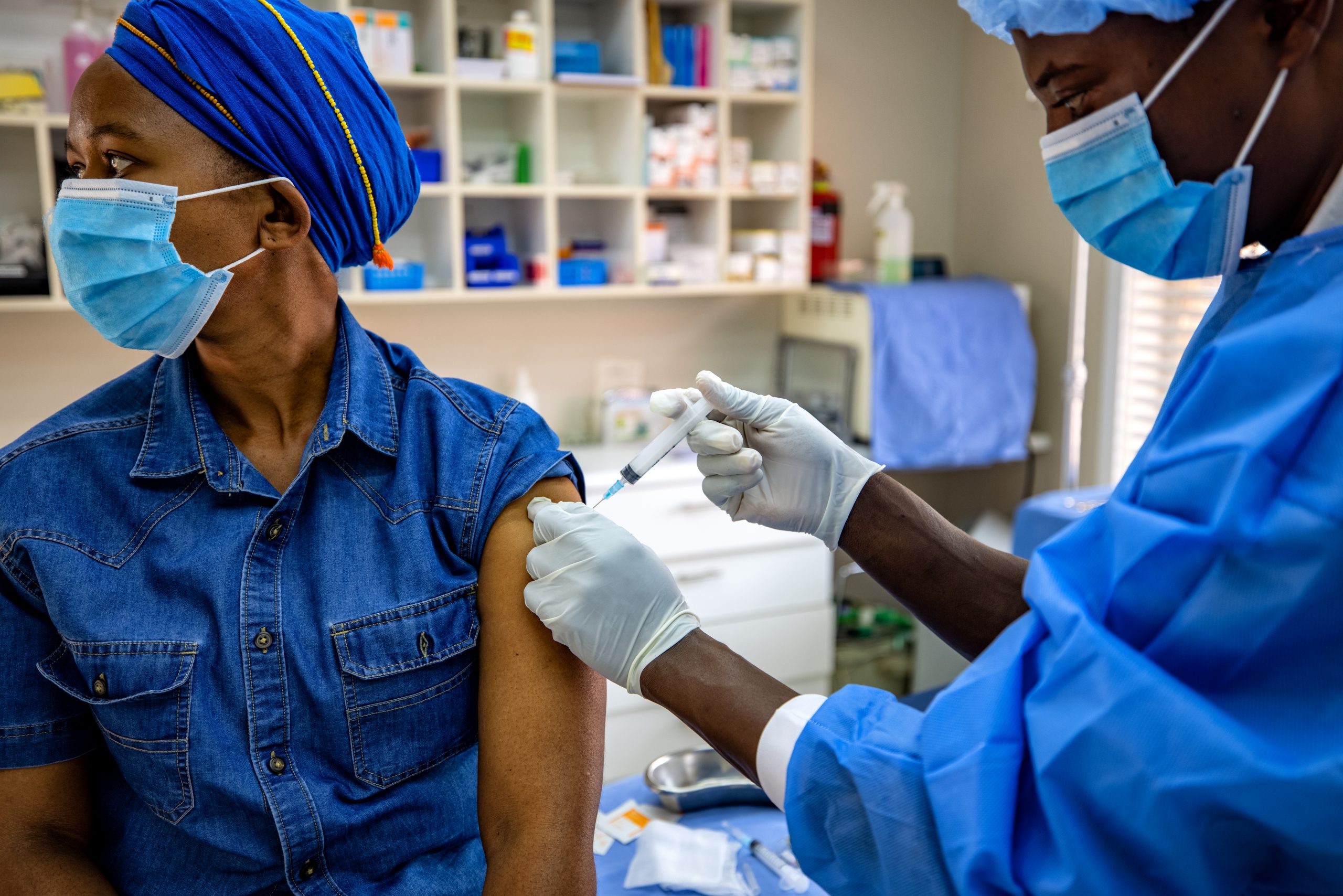World Health Organization has named six African countries who will be the first recipients of the technology required to produce mRNA vaccines in Africa. Egypt, Kenya, Nigeria, Senegal, Tunisia and South Africa will receive the technology as part of the vaccine hub program by WHO.
The announcement was made at a ceremony hosted by the European Council, France, South Africa and WHO in the presence of French President Emmanuel Macron, South African President Cyril Ramaphosa, and the President of the European Council, Charles Michel, said WHO statement.
According to WHO, this global mRNA technology transfer hub was established in 2021 to help and support manufacturers in low- and middle-income countries to produce their own vaccines . This would only happen by ensuring that they have all the necessary operating procedures and know-how to manufacture mRNA vaccines at scale according to the set international standards. This vaccine hub will produce doses on its own using a recipe formulated from public available information of existing shots.
South Africa’s President Cyril Ramaphosa has extolled the initiative and urged the global vaccine distribution scheme COVAX as well as the vaccines alliance GAVI to buy vaccines from local manufacturing hubs. “The lack of a market for vaccines produced in Africa is something that should be concerning to all of us,” Ramaphosa said. “Organizations such as COVAX and GAVI need to commit to buying vaccines from local manufacturers instead of going outside of those hubs that have been set up.”
WHO has said that the program could be expanded beyond COVID-19 shots to enable countries in Africa to produce their own medicines without relying on big pharmaceutical companies in Europe and USA. “The COVID-19 pandemic has shown that reliance on a few companies to supply global public goods is limiting, and dangerous,” WHO Director-General Tedros Adhanom Ghebreyesus said in a statement.
Vaccine makers across the globe have faced criticism from public health officials and some government leaders for not sharing their formulas and patent protections to get more people vaccinated against the virus, which has killed more than 5 million people in Africa alone.

